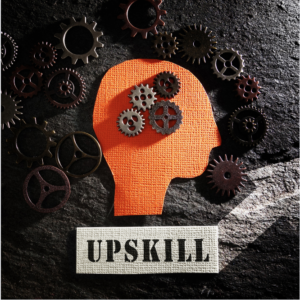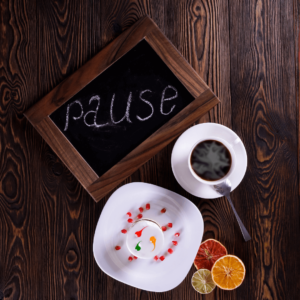Australians ‘sacrificing health for work’
Sweaty palms, not sleeping, over eating or skipping meals, low on motivation, self medicating? Any of these could be early symptoms of depression.
According to psychiatrist Dr Ian Chung, depression usually develops in three stages with the early warning signs often ignored.
“To speak up, the body says ‘this person is going to ignore all my warning signs so I am going to have to set all the settings to a higher level. Let’s make the blood pressure a little bit higher, the pulse rate a bit higher, the blood sugar a bit higher’ – all so they can keep functioning and then they begin to get unwell both emotionally as well as physically.”
“If these progress further then they will develop a sense of helplessness and hopelessness – ‘I can’t get out of this, I am not going to fix this’ and that is depression.”
A new study released by The Australia Institute claims we are sacrificing our health for our work. According to the Institute, half of all Australians are so under the gun at work that they are sacrificing exercise, spending time with family and eating properly to get everything done. One in four people report being too busy to go to the doctor.
The Australia Institute study is being used to promote Go Home on Time Day on November 24 rather than depression awareness but for me it ties in with what I learnt last week while watching a DVD on the illness. Funded by five of Australia’s top law firms to educate and support staff with depression, the DVD features Dr Chung and a number of generous and brave lawyers describing their experience with anxiety and depression including young associates through to partners.
One in three lawyers will develop depression to the point of debilitation at some point in their career. To counter this alarming statistic, Freehills, Mallesons Stephen Jacques, Allens Arthur Robinson, Clayton Utz, Blake Dawson and the College of Law collaborated on a prevention and support program called resilience@law that includes the DVD. From next year, the College of Law will teach a module about depression to young law students that will include a screening of the DVD.
Resilience@law was launched earlier this year but was shared with senior managers from companies across a range of industries last week to help encourage other professions and industries to take action to de-stigmatise anxiety and depression.
This week a new study conducted by RMIT’s Associate Professor Andrew Francis revealed 10 per cent of Victorian paramedics suffer severe or extremely severe depression and 72 per cent were poor sleepers. Ambulance unions from other states claim the study results would be similar for officers around the country.
And in May this year, unions and employers came together to launch the Queensland arm of OzHelp to support male construction workers who have a suicide rate 1.93 times higher than other male workers.
I could go on looking at rates amongst other types of workers but I think you get the point. Depression can happen to anyone. Women tend to have higher rates of depression but men higher rates of suicide.
Some work places are starting to get serious about supporting staff while others are still nowhere on the issue. That’s why it’s vital you are your own best advocate and get help as soon as you notice things are not right with you. Educate yourself now and be prepared to help others. Overwork is often one of the factors involved in developing depression. Eating well, exercising in the daylight, spending time with family and friends and finding ways to relax are all key to good mental health.
Dr Chung says people fail to take action when things start getting out of control out of a “misguided sense of pride that they are somehow lesser if they have something wrong with them …they are not strong enough, they are weak.”
“That is completely incorrect. True strength is when one can look at oneself and see, ‘I am not travelling so well’. In all the time that I have been in practice the greatest cause of people failing to do something is because of fear.”
“Of course going to someone that they can trust …who they can open up to and get support [from] would be a great start.”
So back to my question, would you recognise the early signs of depression or anxiety? Would you be prepared to get help? Have you been through it? Would you feel comfortable approaching someone you thought was struggling? Are you like the people described in The Australia Institute Study? Do you exercise, mediate, get out with friends or do you just work, work, work?



